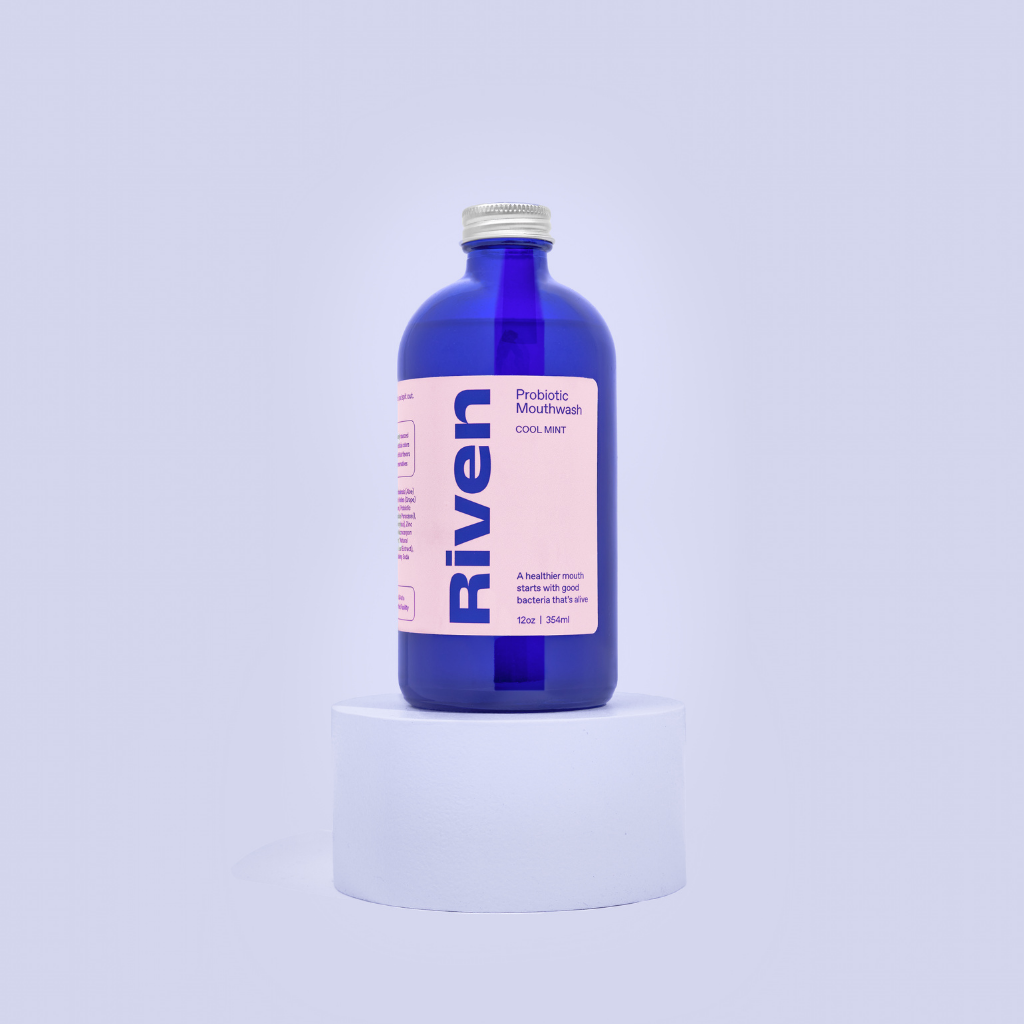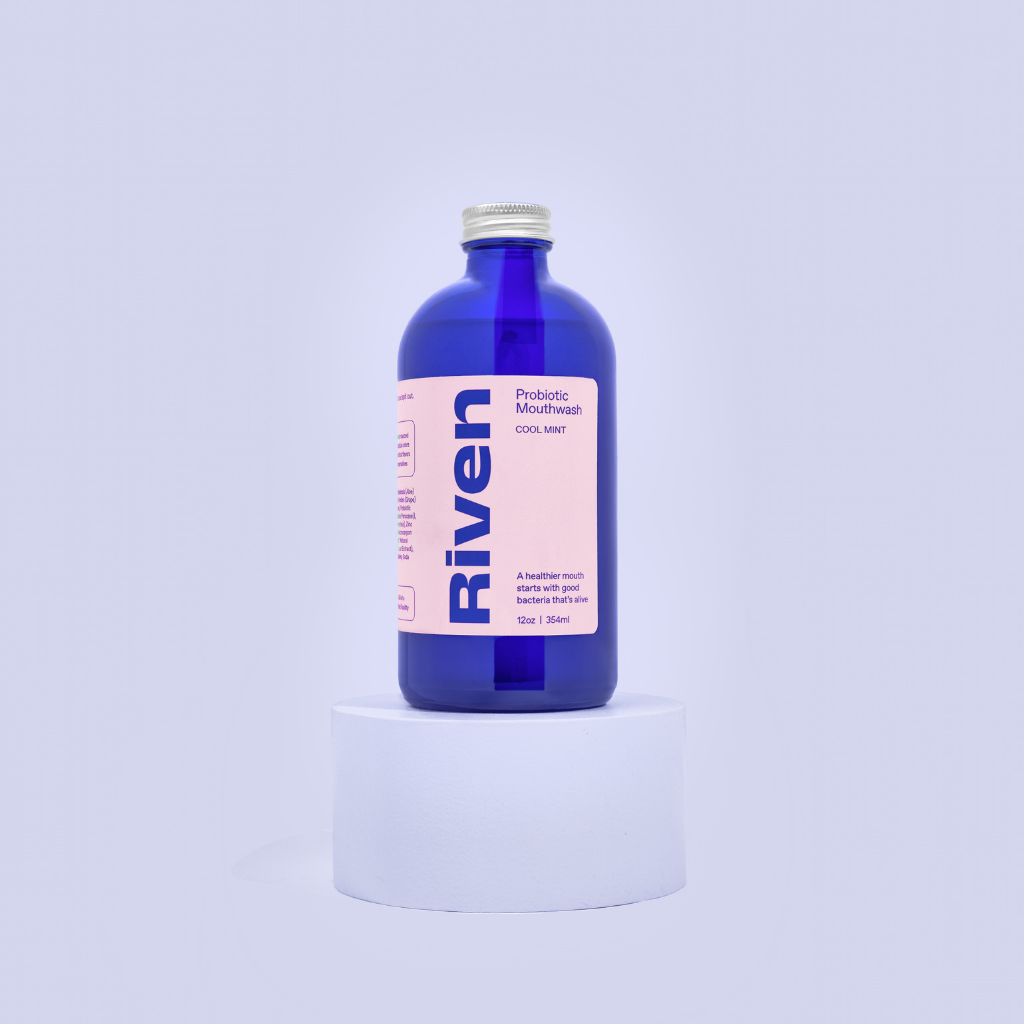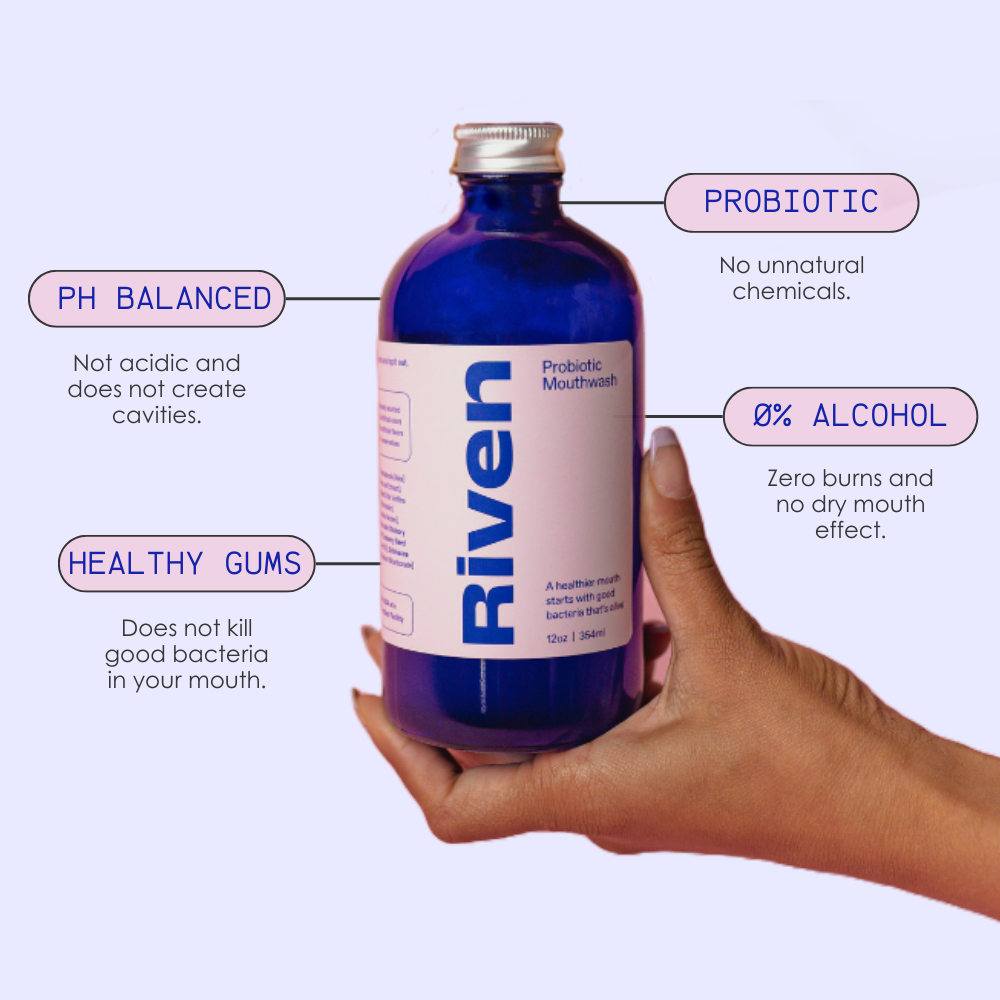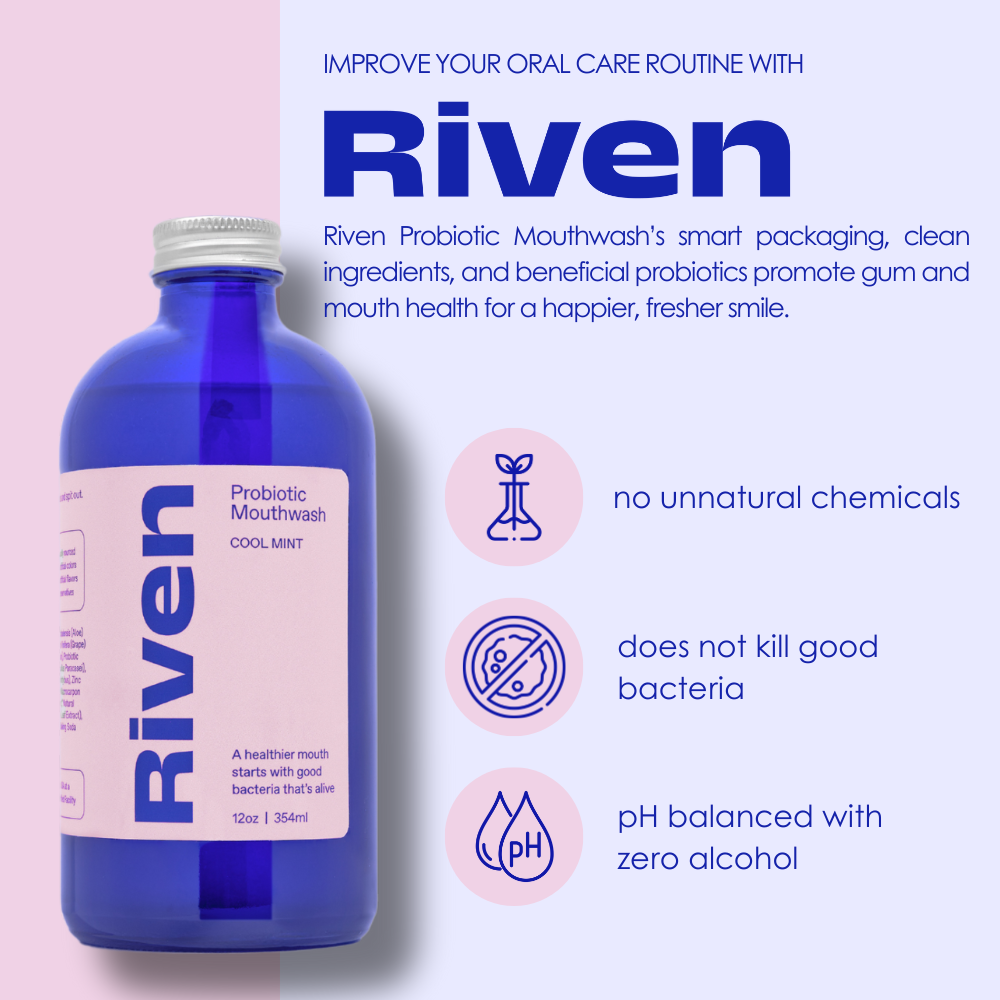When it comes to maintaining your oral health, you might rely on mouthwash as a valuable tool. But how can you be sure that your mouthwash is truly delivering the results you need? Whether you use mouthwash out of necessity or habit, it's important to evaluate its actual effectiveness.

Understanding the Pitfalls of Commercial Mouthwashes
In the current market, there's no shortage of options, with numerous over-the-counter and drugstore mouthwashes promising impressive outcomes. However, the reality might not live up to the promises. While mouthwash can play a significant role in supporting good oral hygiene, it's essential to consider whether it's genuinely beneficial or potentially causing more harm than good.
One prevalent issue with many commercial mouthwashes is their alcohol content. Although alcohol can eliminate certain mouth bacteria and might be necessary for specific acute concerns, it's important to be cautious. Alcohol can lead to dry mouth, which can subsequently contribute to problems such as bad breath, tooth decay, and even gum disease. Additionally, the presence of artificial flavors and colors in commercial mouthwashes can trigger irritation or allergic reactions in sensitive individuals. Opting for a mouthwash with natural ingredients can help avoid such adverse effects. For a safer alternative, explore oral probiotics that offer a promising option for maintaining your oral health.
Moreover, some commercial mouthwashes may create a temporary sensation of freshness, masking underlying issues. It's crucial to address the root causes of oral health problems rather than relying solely on mouthwash to solve them. This includes proper brushing techniques, regular flossing, and routine dental check-ups. When evaluating the effectiveness of your mouthwash, consider its role as part of a comprehensive oral care routine.
The Role of Comprehensive Oral Care
While mouthwash can certainly complement your oral hygiene routine, it should never replace fundamental practices like brushing and flossing. These practices are the foundation of maintaining a healthy mouth. Regular and proper brushing helps remove food particles and plaque from the surface of your teeth, while flossing targets the areas between your teeth where a toothbrush can't reach as effectively. By combining these practices with an appropriate mouthwash, you can create a well-rounded oral care routine.
Using mouthwash as a substitute for brushing and flossing is insufficient. Rather, think of it as an enhancement to your existing habits. For those seeking a convenient and efficient method of maintaining oral cleanliness, the Perfect Oral Care in Ten Seconds offers a comprehensive solution that works in conjunction with your brushing and flossing efforts.
Choosing the Right Path for Improved Oral Health
In conclusion, while mouthwash can be a valuable tool in promoting good oral hygiene, making informed choices is paramount. It's advised to avoid commercial mouthwashes containing alcohol and artificial ingredients. Instead, opt for options that are alcohol-free and utilize natural components. For enhanced oral care, consider incorporating oral probiotics or probiotic-based mouthwashes into your routine. For additional insights on maintaining a fresh and healthy mouth, explore Riven's blog for valuable tips and insights on the pivotal role of Oral Probiotics in achieving better oral health.
Your journey toward a healthier and cleaner mouth starts with making the right choices.





